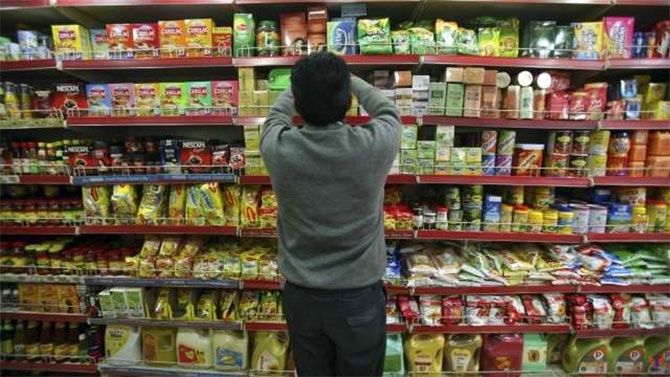They are evaluating realignment of warehouses and supply chains, besides exploring locations to set up hubs and shutting down some distribution centres

Fast-moving consumer goods (FMCG) companies are optimising and rationalising their operations ahead of the roll-out of the goods and services tax (GST) on July 1.
Consumer goods giant Nestlé, for instance, is evaluating the realignment of its warehouses and supply chains, besides exploring locations to set up hubs and shutting down some distribution centres.
“We are evaluating our distribution centres spread across the country, in terms of manufacturing, consumption, storage and most optimal transportation. We are trying to figure out which are the locations where we can set up hubs,” Suresh Narayanan, chairman and managing director, Nestlé India told Business Standard. The number of distribution centres, he added, will come down.
Narayanan said while investments will be required initially for building such hubs and for the realignment, “in the long term, returns and cost efficiencies will be higher”.
Nestlé has eight manufacturing facilities and four branch offices in the country. It manufactures an entire range of packaged food products, including noodles (Maggi), coffee, chocolates, powdered milk, etc.
Presently, consumer goods companies end up having warehouses in every state to avoid paying a 2 per cent central sales tax (CST) for inter-state sales of goods.
However, unlike CST, the integrated GST (IGST) for inter-state sales will be creditable. GST will also reduce the multiplicity of taxes and improve transaction time.
Beverage giant Coca-Cola is also looking at depot consolidation and setting up mother depots in three to four states.
“Since IGST is creditable, depot consolidation will happen. More and more of inter-state or IGST billing will happen. We are also looking at that possibility and get the best solution for the business,” said R Sridhar, vice-president-taxation, Coca-Cola India. The evaluation exercise is being carried out.
In each state, the company has one or two small warehouses, which may be phased out if they do not fit into the business after the GST implementation, he added. Besides, the company is also training its vendors and distributors on what to expect from the GST.
Pratik Jain, leader-indirect tax, PwC India, pointed out that companies will have a complete relook at their business operations after the GST roll-out.
“Setting up manufacturing facilities will largely be business driven under GST, as it is unlikely that any special tax incentive will be offered by any state.
Besides, there will be warehouse consolidation. Companies will work with a small number of warehouses as IGST will be creditable,” he said. Jain added that procurement models will also undergo a change.
Photograph: Reuters







 © 2025
© 2025